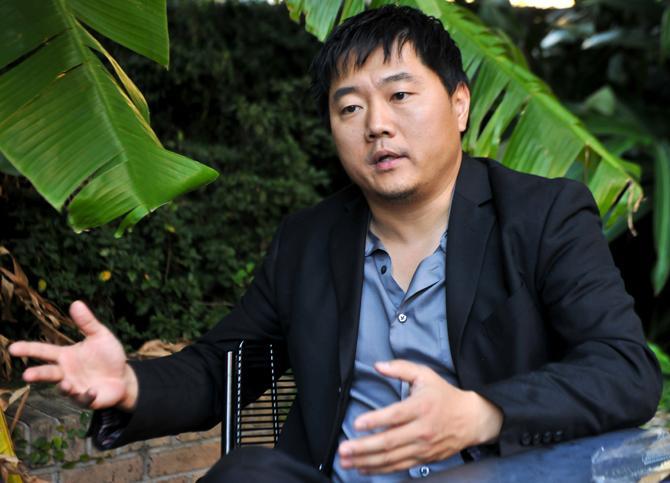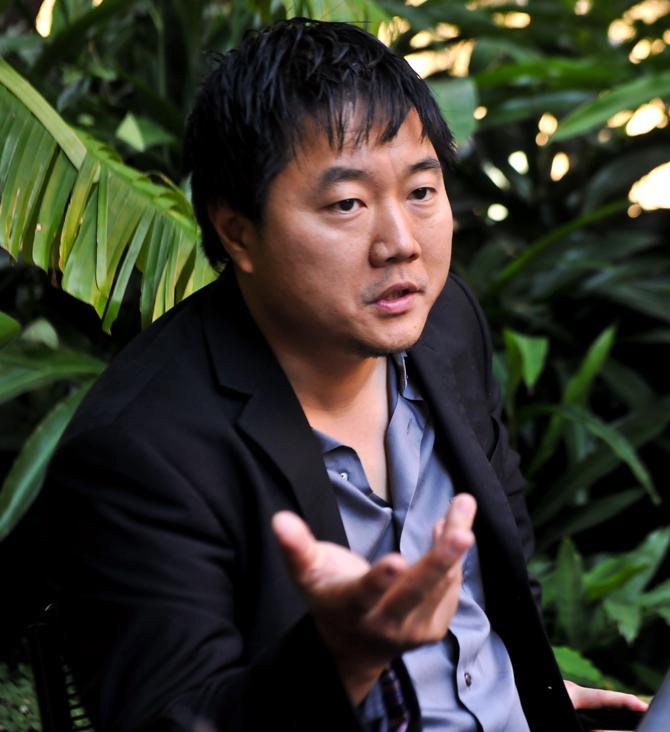Filmmaker Charlie Minn wants students to look around next time they’re at a football game in Tiger Stadium and imagine an even bigger crowd.
“More people have been killed due to the drug war than would fit in Tiger Stadium,” Minn said.
University students and faculty participated in the first U.S. campus screening of documentary “The New Juarez” on Tuesday evening.
“The New Juarez” is the third film in a trilogy about the violent conflict between the Mexican government and drug cartels that has resulted in more than 100,000 casualties to date.
“Mark my words, in five years there will be another 100,000 people dead in Mexico at the rate we’re going,” Minn said.
He told students the film was not made to be enjoyable or entertaining.
“I hope you learn something. I want this to be Mexico’s version of the Kony movement,” Minn said. “[The drug war] is the most overlooked tragedy that people never talk about.”
Although the event was sparsely attended, students and faculty present felt strongly about the drug war.
First year Hispanic studies graduate students Kendall Kyzar and Liliana McGuffin-Naranjo said Americans see drug violence as something far removed from their lives, but they hope the film exposes the issue.
“What’s fueling this is the desire Americans have to use drugs,” said assistant history professor Steven Andes.
Drugs move across the Mexican border to distribution centers like Dallas and Houston. From there, the drugs circulate around the country.
“Shit-head kids our age who smoke on the weekends are the problem,” said freshman Fernanda Zamudio-Suarez. “When the effects of that begin to affect my grandma [who lives in Mexico], it’s a major problem. Like when the phone rings, I wonder if my family is OK. Because of American oversight. No one realizes that.”
According to Minn’s research, Americans contribute 8 to 10 billion dollars annually to Mexico’s drug market. As drugs move north of the border, cash and weapons flow south.
Drug cartels use weapons to control the drug plaza and enforce their power.
There’s only one gun store in Mexico, and it’s in the capital. The U.S. supplies the majority of arms to Mexico — a staggering 90 percent.
Minn said stopping the flow of weapons across the border would reduce the death count.
Minn said film has the power to inspire social change. He has worked in all aspects of film but loves documentary filmmaking most.
He said he surrounded himself with the issue consistently for the past two years.
“It’s been a horrible experience. I got too close to it. It’s unhealthy to deal with it every moment of your life, but I did that
with all my films,” Minn said. “It’s been a learning experience but deeply troubling.”
The event was co-sponsored by the International Studies Program, Film and Media Arts Program and the foreign language, history and political science departments.
‘More people have been killed due to the drug war than would fit in Tiger Stadium.’






